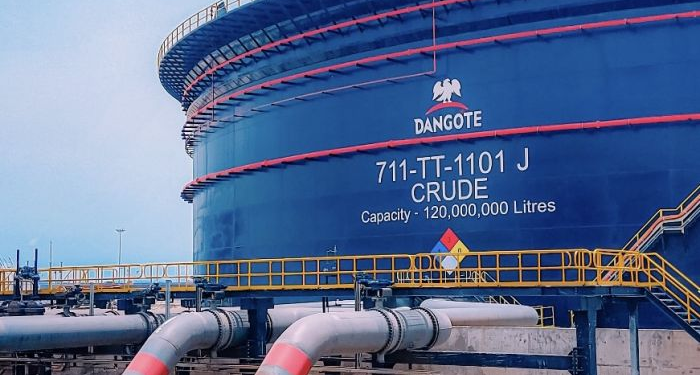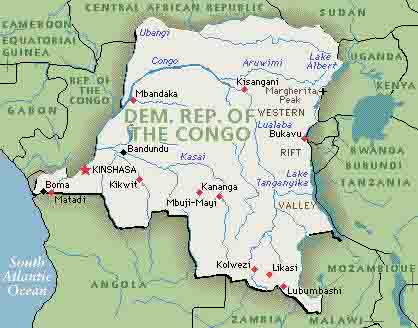Dangote Refinery in Lagos has commenced processing premium motor spirit (PMS), also known as petrol, with the Nigerian National Petroleum Company (NNPC) Limited poised to become the initial exclusive buyer of its products.
Gatekeepers News reports that the refinery, according to a report by Reuters, is ready to release petrol into the market in the coming weeks, following the commencement of testing at the 650,000 barrel per day petrochemical plant.
Devakumar Edwin, Vice President at Dangote Industries Limited, confirmed that the national oil company is prepared to purchase its products exclusively to meet local demands.
“We are testing the product (gasoline) and subsequently, it will start flowing into the product tanks. If no one is buying it, we will export it as we have been exporting our aviation jet fuel and diesel,” Edwin said.
However, Edwin did not specify when the product will hit the market.
The development comes as NNPC faces supply challenges, having acknowledged its debt to international oil traders, which has significantly contributed to the shortage of fuel supply to local marketers.
NNPC owes these traders approximately $6 billion in subsidy obligations, leading the traders to halt the supply of imported petrol to the national oil company.
Although NNPC initially denied these claims, the company later admitted that its outstanding debts to suppliers have been a major factor behind the ongoing fuel scarcity across the country.
In a statement, NNPC said, “NNPC Ltd. has acknowledged recent reports in national newspapers regarding the company’s significant debt to petrol suppliers. This financial strain has placed considerable pressure on the Company and poses a threat to the sustainability of fuel supply. In line with the Petroleum Industry Act (PIA), NNPC Ltd. remains dedicated to its role as the supplier of last resort, ensuring national energy security. We are actively collaborating with relevant government agencies and other stakeholders to maintain a consistent supply of petroleum products nationwide.”







